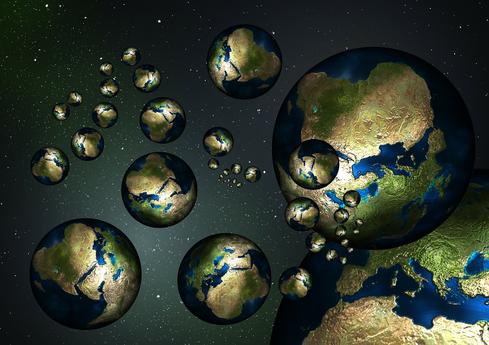6 Causes Of Big Data Discrepancies
The same data can yield wildly different results. Here are some of the reasons for these fascinating, frustrating, or even dangerous discrepancies.
7 Slides

-
About the Author(s)
Never Miss a Beat: Get a snapshot of the issues affecting the IT industry straight to your inbox.
You May Also Like
More Insights
Webinars







